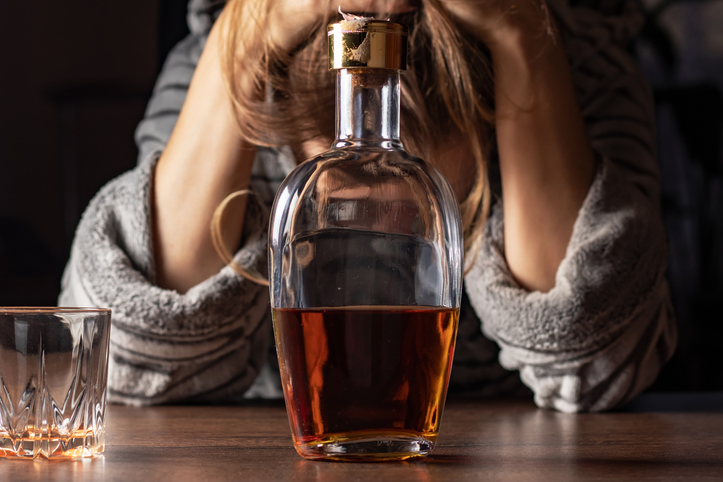It’s a normal experience to see alcohol used in excess, especially in times of celebration, relaxation, and socialization. However, excessive alcohol consumption, including binge drinking, can lead to a range of negative health effects.
What is Binge Drinking?
Binge drinking involves consuming a large quantity of alcohol in very little time, about 5 drinks for men and 4 drinks for women in under two hours. This quantity usually manifests as a blood alcohol concentration (BAC) level of .08 or higher, or as any level that would impair your ability to drive, operate machinery, or carry out life’s daily activities.
Some common signs of binge-drinking behavior may include:
- Consuming more alcohol that planned or more often than anticipated
- Consuming alcohol during the day or during work hours
- Experiencing or displaying defensiveness when over-drinking is brought up
- Feeling or experiencing an inability to control oneself while drinking
- Carrying out reckless or dangerous behaviors while drunk
- Experiencing blackouts while drinking
Binge Drinking as a Gateway to Alcoholism
Not everyone who binge drinks is an alcoholic, but binge drinking can open the door to addiction wide open. Addiction begins with developing a tolerance to alcohol, meaning that more is required to achieve the same effects. Over time, tolerance becomes dependence, when the body requires alcohol to function normally. When physical dependence is accompanied by psychological dependence, this is called addiction. Regular binge drinking can rapidly lead a person from tolerance to addiction.
The Neurological Link Between Alcoholism and Binge Drinking
There are a number of short-term social and psychological benefits that most people who binge drink are seeking, namely:
- Feelings of bravery or lack of nervousness
- Talkativeness or extroversion
- Relaxation
Many individuals try to justify their alcohol abuse by claiming these advantages. When it comes to long term effects of binge-drinking, however, the outcome is not so positive. Sustained binge drinking behavior can result in the following:
- Involuntary weight gain or loss
- Increased risk of high blood pressure, stroke, liver and heart disease, and a compromised immune system
- Increased risk of cancer
- Decreased brain volume and capacity in younger people
- Increased rates of insomnia and other mental health issues
- Feelings of social alienation and loss
While the positive short-term social effects of binge drinking and alcoholism may attract you, sobriety offers these advantages and more—and in lasting ways that boost rather than harm your health. After just four weeks of sobriety, people who participated in Sober October reported the following happy effects:
- Healthy weight loss
- Heart health improvement
- Memory and immune system improvement
- Less acne
- Better moods
- Less impulsive behavior
These benefits occurred after just one month of “fasting” from alcohol. At St. Gregory Recovery Center, we can attest to the power of long-term sobriety. In addition to cognitive-behavioral therapy, we offer our residents the chance to observe and modify their behaviors in real time and in real life with recovery coaching services. If you or a loved one require more information about the consequences of binge drinking, don’t hesitate to contact our dedicated staff of medical professionals today!











